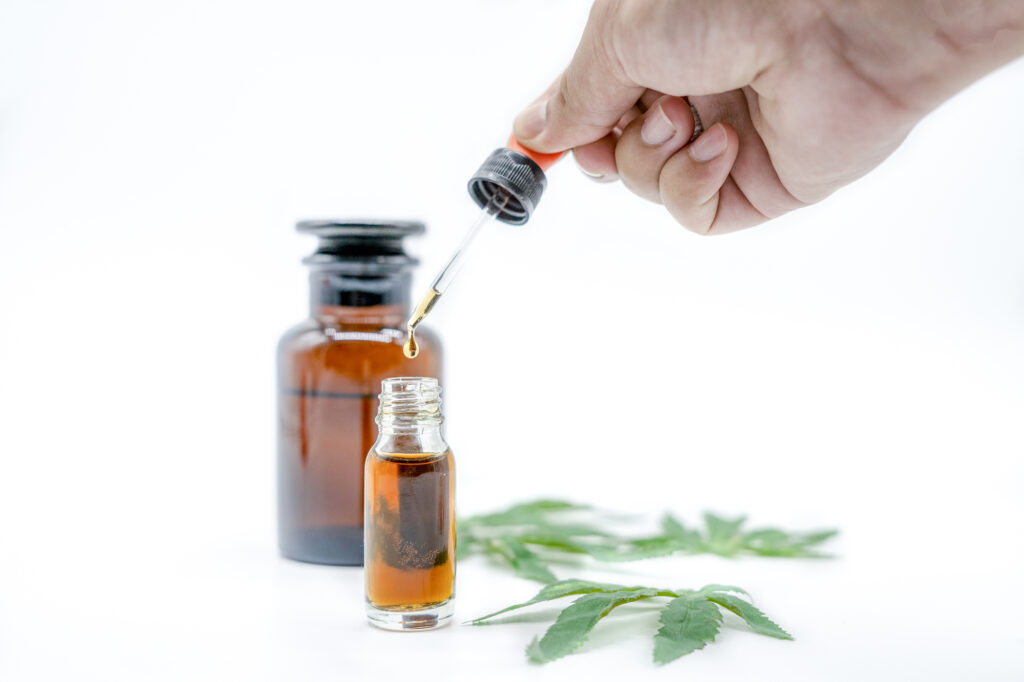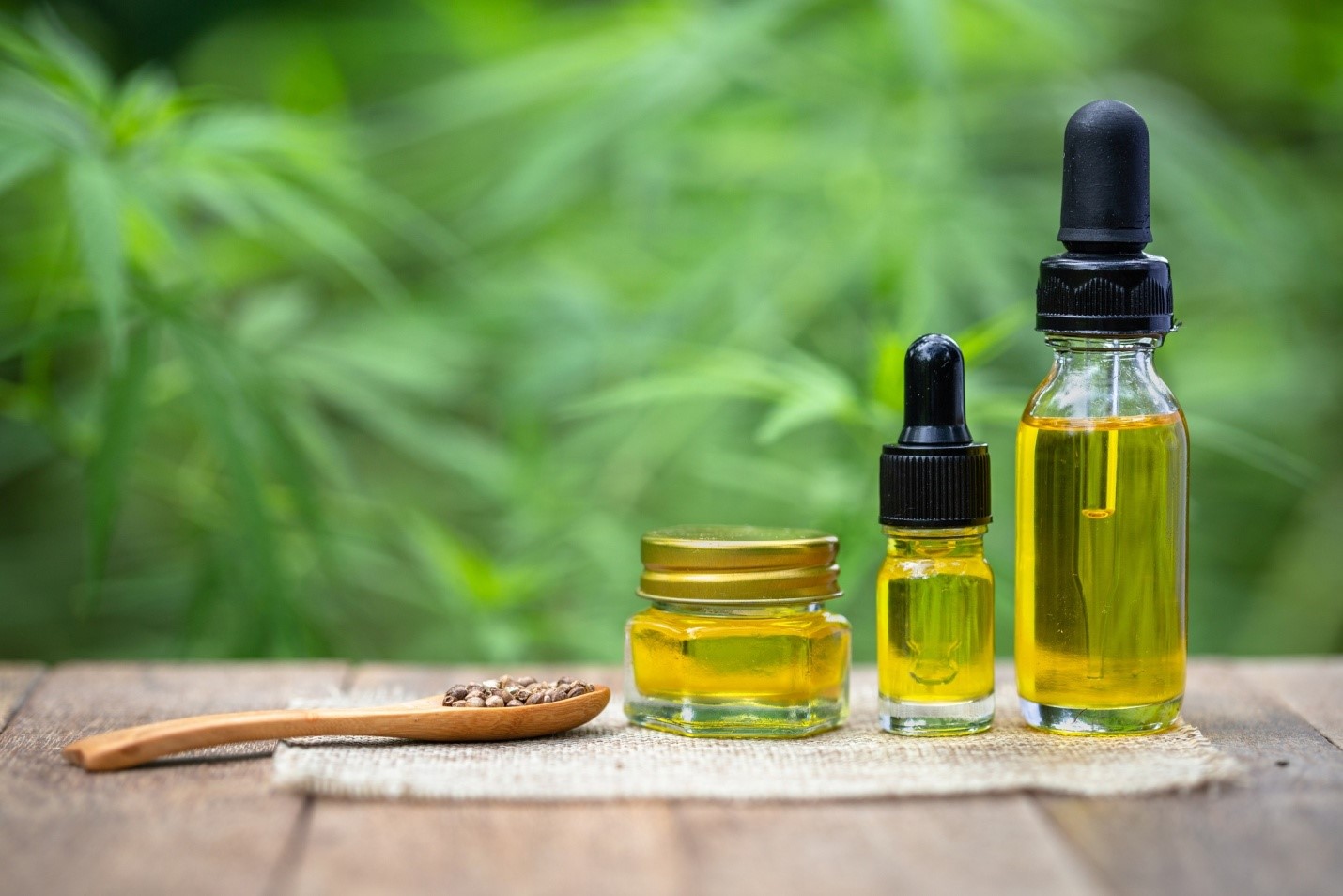The CBD oil market has exploded into a multi-billion-dollar industry, yet consumers remain tangled in a web of confusion over the myriad varieties flooding the market. A 2025 study from the University of Arkansas, highlighted by ArkAgResearch, revealed that even seasoned CBD buyers struggle to differentiate between terms like “full-spectrum,” “broad-spectrum,” and “CBD isolate.” This lack of clarity, compounded by inconsistent labeling and regulatory gaps, leaves consumers vulnerable to misinformation and mislabeled products. With CBD Oil Online sales soaring and CBD Oil Wholesale and CBD Oil White Label businesses thriving, understanding these varieties is more critical than ever.
The Spectrum of CBD Oil Options
CBD oil varieties primarily fall into three categories: full-spectrum, broad-spectrum, and CBD isolate. Full-spectrum CBD contains all naturally occurring compounds from the cannabis plant, including trace amounts of THC (less than 0.3% to comply with federal law). This combination is believed to produce an “entourage effect,” where cannabinoids and terpenes work synergistically to enhance benefits like pain relief or anxiety reduction. Broad-spectrum CBD retains most of these compounds but removes all THC, appealing to those wary of psychoactive effects. CBD isolate, the purest form, strips away everything except CBD, offering a THC-free, flavorless option. A 2023 UK study found that 66% of consumers couldn’t accurately define these distinctions, often swayed by marketing buzzwords rather than science.
The Mislabeling Minefield
Labeling inaccuracies exacerbate consumer confusion. A 2017 Penn Medicine study found that nearly 70% of CBD Oil Online products were mislabeled, with 42% containing more CBD than advertised and 26% less. A 2022 Johns Hopkins study echoed this, noting that only 24% of 105 tested products accurately listed CBD content within 10% of the label claim. THC was detected in 35% of products, including some labeled “THC-free.” These discrepancies aren’t just misleading—they can undermine therapeutic outcomes or, worse, cause unintended psychoactive effects. For businesses in the CBD Oil Wholesale market, ensuring accurate labeling is crucial to building trust, yet many fail to meet basic standards due to lax oversight.
Regulatory Fog and Consumer Trust
The regulatory landscape for CBD oil is a patchwork of ambiguity. The 2018 Farm Bill legalized hemp-derived CBD with less than 0.3% THC, spurring the growth of CBD Oil White Label brands that allow retailers to rebrand pre-formulated products. However, the FDA has approved only one CBD product, Epidiolex, for rare seizure disorders, leaving most CBD Oil Online and retail products unregulated. This gap allows manufacturers to make unverified health claims, from curing insomnia to alleviating chronic pain. A 2024 Forbes Health survey revealed that 60% of U.S. adults believe CBD is safe, but only 44% think it’s legal, reflecting widespread uncertainty. Without federal standards, consumers must rely on third-party testing, yet many don’t know to check for certificates of analysis (COAs).
The Allure and Risks of Online CBD Shopping
The convenience of CBD Oil Online purchases has fueled market growth, with sales projected to hit $16.58 billion by 2032, per Market Research Future. However, online marketplaces are rife with pitfalls. A 2023 UK study found that CBD oils deviated less from advertised concentrations than tinctures or e-liquids, yet 75% of products still fell outside a 10% accuracy threshold. Consumers often encounter vague labels listing “hemp extract” instead of specific CBD content, as noted in a 2021 ScienceDirect study. For CBD Oil Wholesale buyers, sourcing from reputable suppliers with transparent COAs is essential, but the average consumer lacks the expertise to vet products. Misleading claims and inconsistent potency can erode trust, especially for those seeking relief from conditions like anxiety or epilepsy.

White Label and Wholesale: A Double-Edged Sword
The rise of CBD Oil White Label and CBD Oil Wholesale markets has democratized access for small businesses, allowing them to enter the industry without developing proprietary formulas. Companies like Essentia Pura and Biota Biosciences offer pre-formulated oils, gummies, and capsules that retailers can brand as their own. This model cuts costs and speeds market entry, but it also perpetuates confusion. A 2024 Journal of Consumer Protection study found that white-labeled CBD oils often varied widely in cannabinoid profiles, with some containing up to 226% of the declared CBD. For wholesalers, maintaining consistency across batches is a challenge, as hemp’s natural variability can alter potency. Consumers, unaware of these behind-the-scenes complexities, may purchase products expecting uniform effects, only to be disappointed.
Why Consumers Struggle to Choose
The University of Arkansas study pinpointed a key issue: even previous CBD buyers couldn’t distinguish between oil varieties. This stems from a lack of standardized terminology and education. Terms like “premium” or “raw” used by CBD Oil White Label brands often confuse rather than clarify. For instance, “raw” CBD oil retains waxes and chlorophyll, giving it a bitter taste, while “premium” oils are refined for milder flavor. A 2020 NCBI survey found that 62% of CBD users sought relief for pain, anxiety, or depression, yet 36% felt it worked “very well” alone, suggesting variable efficacy. Without clear guidance, consumers may choose isolate over full-spectrum, missing potential benefits, or vice versa, risking THC exposure.
Bridging the Knowledge Gap
Education is the antidote to confusion. Retailers in the CBD Oil Wholesale and CBD Oil Online sectors can play a pivotal role by providing transparent product information. QR codes linking to COAs, as mandated in Indiana since 2018, are a step forward. Consumers should look for products with clear mg/mL CBD concentrations and avoid those listing only “hemp oil,” which may contain negligible CBD. Consulting healthcare providers is also critical, as CBD can interact with medications. A 2022 Mayo Clinic report highlighted risks like liver enzyme elevation with high doses, underscoring the need for informed use. Brands that prioritize clarity—like those offering detailed cannabinoid profiles—can build loyalty in a skeptical market.
The Path to Clarity and Confidence
As CBD oil’s popularity surges, addressing consumer confusion is paramount. The industry’s projected growth offers opportunities for CBD Oil White Label and CBD Oil Wholesale businesses to lead with integrity. Standardizing labeling, enforcing third-party testing, and advocating for federal regulation could transform the market. For now, consumers must navigate carefully, armed with knowledge about full-spectrum, broad-spectrum, and isolate varieties. By choosing reputable CBD Oil Online retailers and demanding transparency, they can make informed decisions. The haze surrounding CBD oil varieties may persist, but with education and accountability, consumers can find clarity and harness CBD’s potential safely.
Reference:
- Boyce, W. (2023). Truck driver waiting: a lingering problem. IJEBM, 1(4). https://doi.org/10.33552/ijebm.2023.01.000520
- Crizzle, A., Wawzonek, P., & Bigelow, P. (2023). Health comparisons between truck drivers and the general population using the canadian community health survey. Journal of Occupational and Environmental Medicine, 66(1), 20-27. https://doi.org/10.1097/jom.0000000000002988
- Gui, D., Wang, H., & Yu, M. (2022). Risk assessment of port congestion risk during the covid-19 pandemic. Journal of Marine Science and Engineering, 10(2), 150. https://doi.org/10.3390/jmse10020150





